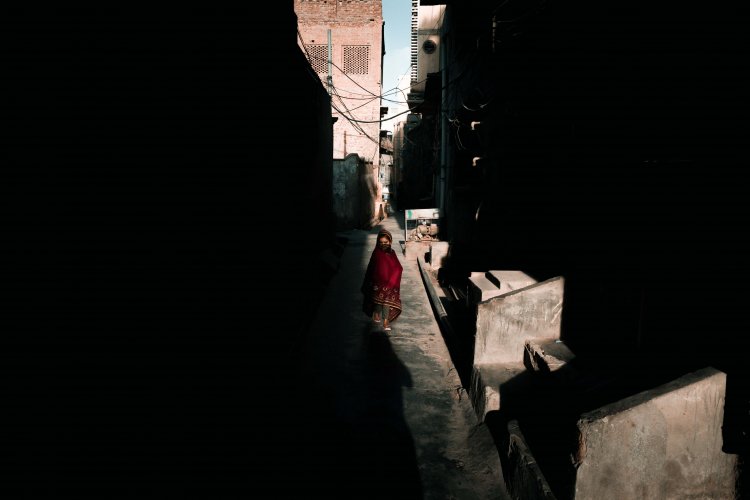Child Marriage in Pakistan

21-02-2022
Kirsten O’Connell
Pakistan and Human Rights Researcher
Global Human Rights Defence
Pakistan has a fundamental human rights issue with child marriage. It occurs amongst the most marginalized and vulnerable communities, with the age-old custom still allowing girls to be married under the age of 18. In 2020, 119 cases of child marriage was reported in Pakistan and 95 per cent of these were girls, according to Sahil, a non-governmental organization in Islamabad, that is working to protect children. In the country, the most predominant cause of child marriage, is the weak legislation, and lack of political will from Pakistan’s leaders to enact better laws. There is also a lack of awareness within the local community, about the damaging effects of child marriage, especially when it involves tribal and feudal societal structures, extreme poverty, illiteracy and religious beliefs. Furthermore, it is also problematic that child marriage often coincides with religious conversions, and the child is subjected to sexual abuse and deprived of their early years. It also affects the psychological wellbeing and intellectual, personal and social growth of the child. Furthermore, the earlier the girls are married, the more children they tend to bear, which contributes to overpopulation and these girls often face greater pregnancy related health risks, which contribute to the high rates of maternal and infant mortality in Pakistan (Bhatti, 2022).
The term consent is a basic principle within intimate relationships, where each person should independently be capable of accepting or refusing according to their own free will. How does a child’s consent constitute informed consent? How is a child intellectually mature enough to make a wise decision, and be able to take care of themselves? In regard to marriage, you must sign a marriage contract, and a child who does not understand what a contract is, cannot be expected to know who their lifelong partner will be. If a child is under the age of 18, they are likely unable to hold a National Identity Card in Pakistan, unable to drive, and unable to vote. So how can a girl sign a contract of marriage? (Bhatti, 2022)
The federal law in Pakistan is based on the Child Marriage Restraint Act, which was passed in 1929. It set the minimum age for marriage to 14 years, however, it was increased to 16 years by the Muslim Family Laws Ordinance, in 1961. The current law sets the legal age of marriage to 16 years for girls and 18 years for boys, which is discriminatory. The prevention of child marriage has become a provincial subject in Pakistan, over the years. The province of Sindh, is the only one to pass laws barring marriage under the age of 18. It is also important to note, that Pakistan has ratified the Convention on the Rights of the Child, which defines the child as “every human being below the age of 18 years, unless, under the law applicable, majority is attained earlier” (Bhatti, 2022).
Furthermore, The UN Committee on the Rights of the Child, in its concluding observations and recommendations on Pakistan, noted the difference between the minimum legal age for marriage of girls and boys. It recommended Pakistan to amend the Child Marriage Restraint Act, 1929, and to align the marriageable ages for girls and boys to 18 years. After all, Pakistan did pledge to the UN Sustainable Development Goals (SDs) alongside other countries, that it would by 2030, end child marriage by making it law, that no one can marry before the age of 18 (Bhatti, 2022).
Sources and further reading:
Bhatti, N. F. B. (2022, February 20) Society: Pakistan’s Child Brides. Dawn. Retrieved February 21, 2022 from https://www.dawn.com/news/1675775/society-pakistans-child-brides

































